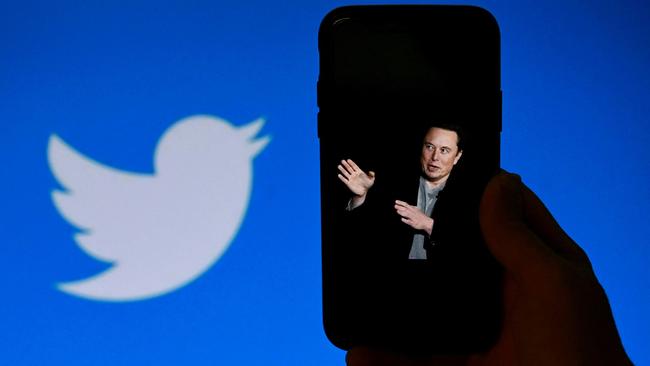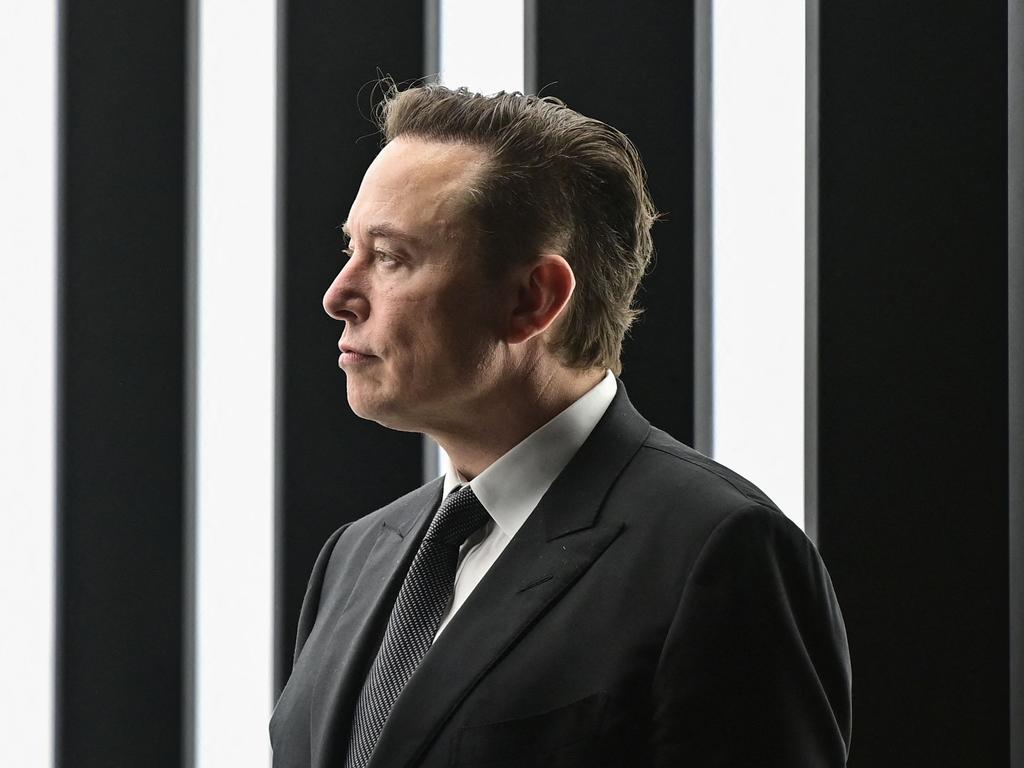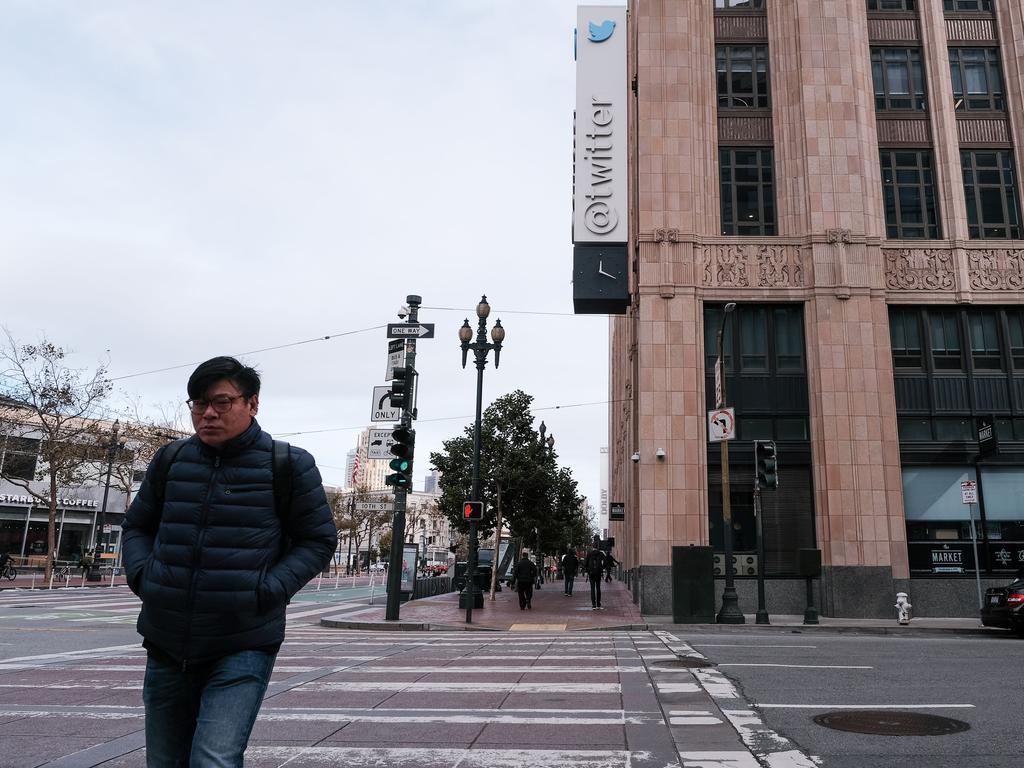
None of us can know what is going on inside the head of the world’s richest man. But recent reports suggest the platform is not doing so well, with half of Twitter’s top advertisers having pulled their ads.
An EU official also has warned Musk that if he does not bring back content moderation and stamp out disinformation “aggressively”, Twitter will be banned in Europe.
To compound these stresses, Musk purchased Twitter with $US13bn ($19.1bn) worth of debt, which means the company must produce $US1.2bn annually in interest repayments alone. That is on top of a business model that is losing $US4m a day.
The dilemma Musk faces is that to make Twitter profitable and compliant with international regulations, Twitter must engage in content moderation. But whatever content moderation he introduces is likely to enrage those he has regaled with promises of free speech absolutism. By all accounts, Musk is a genius, so he may be able to thread the needle. At the same time, however, he previously has shared that he has difficulty understanding the complexities of the social world.
I wish Musk all the best. But I deleted my own Twitter account earlier this week, not because I dislike Musk or free speech but because I finally accepted that the architecture of Twitter was incompatible with my own mental health. Twitter has a way of getting under its users’ skins – first making us angry, then driving us mad. Although many people view Twitter as the digital town square, I believe it is more akin to a war zone than a public forum.
Researchers know that conversations on social media are driven by the far left and the far right, with moderates and centrists self-censoring the most. In the real world, fringe extremists tend to be marginalised but on the internet their voices are amplified.
A friend who was suspended from Twitter for spurious reasons in 2019 told me that when he came back to the platform after his suspension was lifted he was shocked by the toxicity. “The centre has imploded,” was his observation. And although he has access to his account back, he has decided that he will not return.
I make no excuses for Twitter’s hitherto left-wing bias. This bias has meant that several people I know were banned simply for believing that biological males are not (and cannot) become females, and it has affected my own business, which despite having more than 200,000 followers has never been verified.
But the truth is that the problems with the platform run far deeper than political bias. An American company, Twitter is protected by section 230 of the Communications and Decency Act, which means it is not liable for defamatory material published by its users. Researchers know false stories spread faster than true stories and that the platform is used to sow discord by nations hostile to liberal democracy.
That lies and malicious gossip are able to spread on the platform unfettered makes it a noxious place for any person or business with a reputation to protect. Which, in the real world, is most normal, fully functioning people.
For years I kept my Twitter account because I was afraid of letting go. But watching Musk’s erratic behaviour shone a light on my own powerlessness. If the world’s most productive man was struggling to maintain his composure on the platform, what chance do the rest of us have?
The main problem with Twitter is not the abuse (which is bad enough) but the fact it has fooled so many people into believing that important ideas can fit into 280 characters. And that those who are not on the platform are not worth paying attention to, and that likes and retweets are a substitute for real-world change.
A common assumption is that these problems of distortion affect only the left side of politics. While this might have been true five or 10 years ago, it is no longer accurate today. During the height of Melbourne’s lockdowns last year, the hashtags #DictatorDan and #AustraliaHasFallen trended on Twitter almost daily. But as we saw earlier this week, trending hashtags do not translate into electoral success at all.
As chief executive of three other companies and father of (at least) 10 children, Musk has electric cars to ship, rockets to build and children to raise. Yet today he spends his time tweeting images of fake guns and empty Diet Coke cans to legions of fans. Musk has shown us that even the most accomplished individuals are at risk of losing focus and tweeting compulsively – no matter what the cost. But the rest of us might want to consider whether we’re willing to pay the same high price.
Claire Lehmann is the founding editor of Quillette, a platform for free thought.








Elon Musk tweeted an image of his bedside table on Monday night showing four empty Diet Coke cans, a replica gun from a video game and a Revolutionary War pistol. For fans of Musk this image was another sign of his strength and bravado. For those less enamoured with the billionaire it was a sign that his new role as chief executive of Twitter was taking a toll.